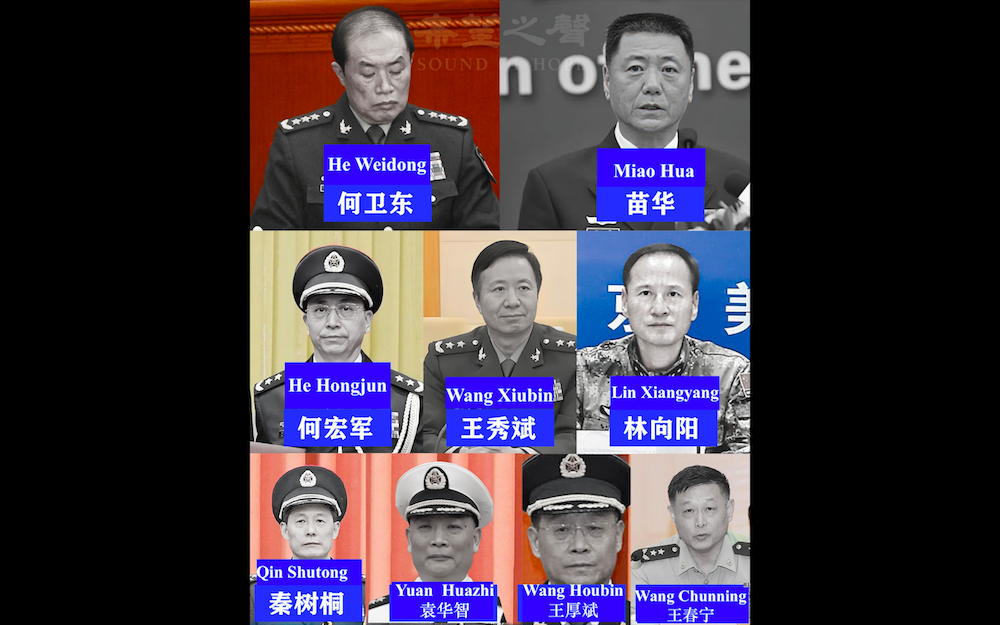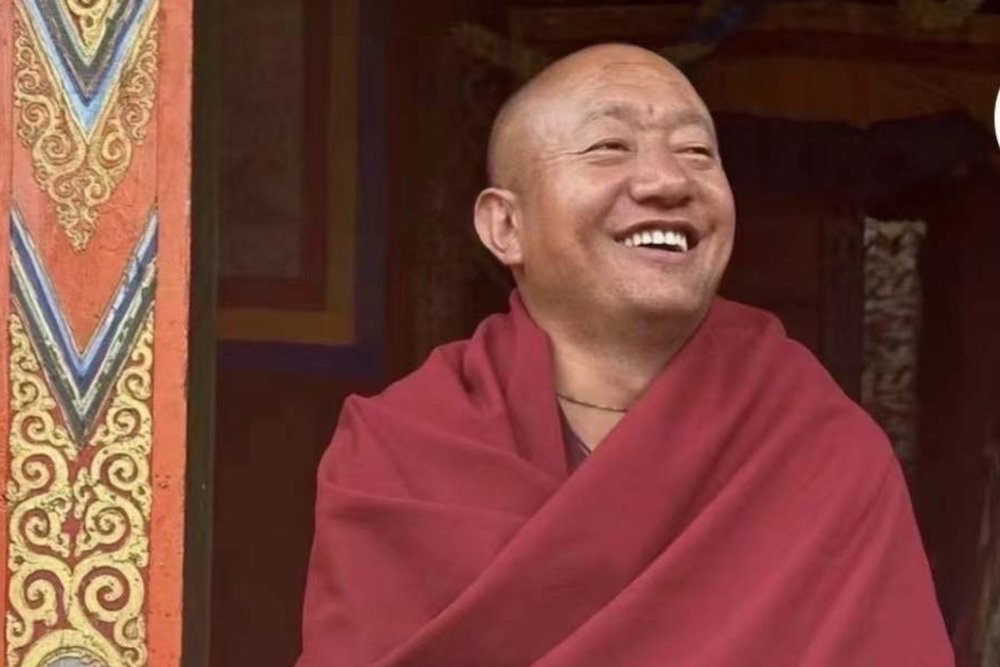By Richard Gere
 I was in Europe this month to receive an award from the Geuzen Resistance 1940-1945 Foundation on behalf of the International Campaign for Tibet. The Geuzen Medal honors the memory of Dutch resistance heroes who fought the Nazis by recognizing those today who resist repression, discrimination and racism, and the Campaign was recognized for promoting human rights and self-determination in Tibet through nonviolent means. It was a very proud moment for those of us who care deeply about Tibet and the brave Tibetan people–and certainly for me as the Campaign’s chairman.
I was in Europe this month to receive an award from the Geuzen Resistance 1940-1945 Foundation on behalf of the International Campaign for Tibet. The Geuzen Medal honors the memory of Dutch resistance heroes who fought the Nazis by recognizing those today who resist repression, discrimination and racism, and the Campaign was recognized for promoting human rights and self-determination in Tibet through nonviolent means. It was a very proud moment for those of us who care deeply about Tibet and the brave Tibetan people–and certainly for me as the Campaign’s chairman.
The cause of Tibet is now at a critical juncture. After decades of diplomatic stalemate, talks began again in 2002 between Beijing and the Dalai Lama’s envoy, Lodi Gyari. Mr. Gyari described the latest round of talks last year as the most serious exchange of views so far. As the Dalai Lama has repeatedly stated for decades now, the issue is not Tibetan independence from China but rather genuine Tibetan autonomy within the overall structure of a sovereign but benevolent China. This is not unreasonable or unobtainable. The model of Hong Kong certainly comes to mind.
So now, more than ever, Beijing needs to feel outside pressure if we are to ensure that talks continue. Europe and Washington’s most substantial means for pressure is certainly the weapons embargo, which they imposed on China after the Tiananmen Square demonstrations in 1989. Yet the EU is now seriously considering lifting the embargo–it should not. Sixteen years later, China still has not substantively addressed the human rights abuses that led to the embargo, and, in fact, many of those involved in the 1989 demonstrations continue to linger in prison. In Tibet itself, severe restrictions on freedom of expression, association and religion remain in place. This record should not be rewarded with weapons exports.
All the more so since China enacted an anti-secession law providing it with the legal authority to attack Taiwan should it proceed further toward self-rule. The timing of this legislation contains a lesson for the EU. It was unthinkable until now because China lacked the capability to launch an invasion across the 100 miles of the Taiwan Strait. However, Beijing has invested billions of dollars in Russian-made submarines, destroyers and other weapons. Therefore, lifting the embargo could accelerate Beijing’s buying spree and enable even greater Chinese aggression.
Maintaining the embargo provides strong leverage in encouraging progress toward a resolution of the status of Tibet and toward sustaining stability elsewhere. The key to Tibet’s self-determination lies in China’s transformation. In supporting Tibet, we need to consider the changes that are happening in China today–its increasing sophistication and influence on the world stage and the desire of the Chinese people for progress.
European governments, in concert with the U.S., are in a position to encourage China to begin substantive discussions with the Dalai Lama on Tibet. European leadership in this matter can perform a vital role in preserving Tibetan identity and culture. Today the citizens of Europe, who rightly honor their forebears for resisting injustice, can serve their legacy by helping the Dalai Lama resist a future Tibet determined solely by Beijing’s interests. Let there be no mistake, the very survival of Tibetan culture and the Tibetan people themselves is at stake here.









